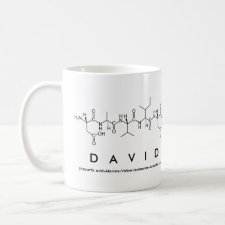
Authors: Krupadam RJ, Nesterov EE, Spivak DA
Article Title: Highly selective detection of oil spill polycyclic aromatic hydrocarbons using molecularly imprinted polymers for marine ecosystems.
Publication date: 2014
Journal: Journal of Hazardous Materials
Volume: 274
Page numbers: 1-7.
DOI: 10.1016/j.jhazmat.2014.03.050
Alternative URL: http://www.sciencedirect.com/science/article/pii/S0304389414002362
Abstract: Implications due to oil spills on marine ecosystems have created a great interest toward developing more efficient and selective materials for oil spill toxins detection and remediation. This research paper highlights the application of highly efficient molecularly imprinted polymer (MIP) adsorbents based on a newly developed functional crosslinker (N,O-bismethacryloyl ethanolamine, NOBE) for detection of highly toxic polycyclic aromatic hydrocarbons (PAHs) in seawater. The binding capacity of MIP for oil spill toxin pyrene is 35 mg/g as compared to the value of 3.65 mg/g obtained using a non-imprinted polymer (NIP). The selectivity of all three high molecular weight PAHs (pyrene, chrysene and benzo[a]pyrene) on the NOBE-MIP shows an excellent selective binding with only 5.5% and 7% cross-reactivity for chrysene and benzo[a]pyrene, respectively. Not only is this particularly significant because the rebinding solvent is water, which is known to promote non-selective hydrophobic interactions; the binding remains comparable under salt-water conditions. These selective and high capacity adsorbents will find wide application in industrial and marine water monitoring/remediation
Template and target information: polycyclic aromatic hydrocarbons, PAHs, pyrene, chrysene, benzo[a]pyrene
Author keywords: Oil spills, polycyclic aromatic hydrocarbons, molecular imprinting, selective adsorbents, Seawater remediation



Join the Society for Molecular Imprinting

New items RSS feed
Sign-up for e-mail updates:
Choose between receiving an occasional newsletter or more frequent e-mail alerts.
Click here to go to the sign-up page.
Is your name elemental or peptidic? Enter your name and find out by clicking either of the buttons below!
Other products you may like:
 MIPdatabase
MIPdatabase









